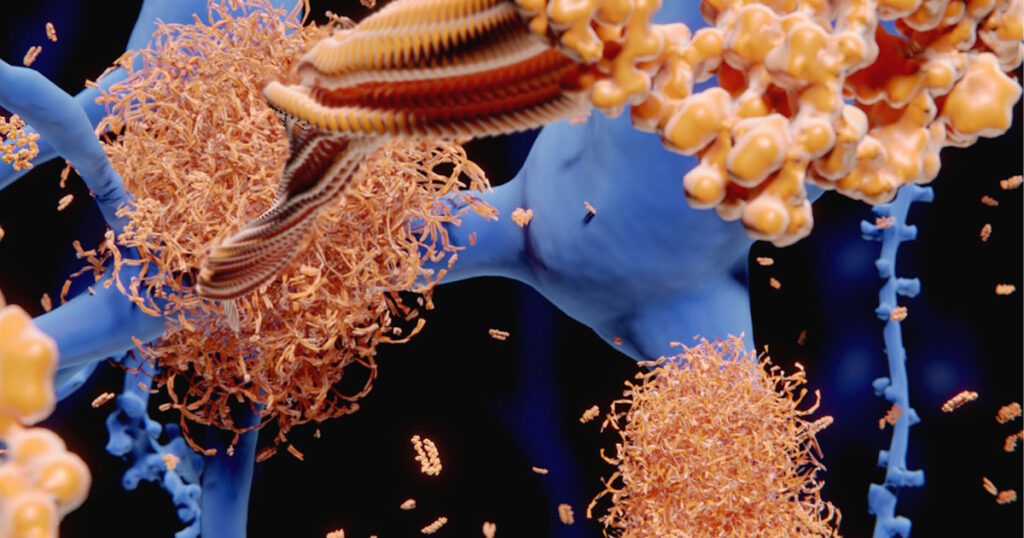Have you heard of the peptide, GHK-Cu? It has sparked a buzz in the research world for its multitude of potential benefits for skin, hair, and inflammation. Let’s delve into the science behind GHK-Cu and explore its various applications.
What is GHK-Cu?
GHK-Cu, also known as Copper Peptide GHK-Cu or Copper Tripeptide-1, is a naturally occurring peptide found in the human body. It consists of the amino acids glycyl-histidyl-lysine and a copper ion (Cu2+), which plays a crucial role in its biological activity. This peptide has gained significant attention due to its diverse physiological effects and potential therapeutic applications.
Skin Rejuvenation and Wound Healing
One of the most well-known benefits of GHK-Cu is its ability to promote skin health and rejuvenation. Research has shown that GHK-Cu can stimulate the synthesis of collagen and elastin, two proteins essential for maintaining skin elasticity and firmness. By enhancing collagen production, GHK-Cu can help reduce the appearance of wrinkles, fine lines, and sagging skin, resulting in a more youthful complexion.
Furthermore, this peptide exhibits potent antioxidant properties, protecting the skin from oxidative stress and environmental damage. These properties make it an invaluable ingredient in skincare formulations aimed at combating signs of aging and promoting overall skin health.
In addition, it has been shown to accelerate wound healing by promoting tissue regeneration and reducing inflammation. Studies have demonstrated its ability to enhance the migration and proliferation of various skin cells involved in the wound healing process, leading to faster recovery and improved outcomes.
Hair Growth Stimulation
Beyond its benefits for the skin, GHK-Cu has also shown promise in promoting hair growth and combating hair loss. Research suggests that this peptide can stimulate hair follicle stem cells, prolonging the growth phase of the hair cycle and promoting the development of thicker, healthier hair.
Additionally, GHK-Cu may help improve scalp health by reducing inflammation and oxidative stress, creating a more conducive environment for hair growth. These findings have led to the exploration of GHK-Cu as a potential therapeutic agent for conditions such as androgenetic alopecia and alopecia areata.
Anti-Inflammatory and Antioxidant Properties
In addition to its effects on skin and hair health, GHK-Cu exhibits powerful anti-inflammatory and antioxidant properties that have implications for various health conditions. Chronic inflammation and oxidative stress are underlying factors in many age-related diseases, including cardiovascular disease, neurodegenerative disorders, and cancer.
Conclusion
In conclusion, GHK-Cu offers a wide range of potential benefits for human health and wellness. From its effects on skin rejuvenation and wound healing to its potential applications in promoting hair growth and combating inflammation, GHK-Cu holds promise as a versatile therapeutic agent.
While further research is needed to fully elucidate its mechanisms of action and optimize its clinical applications, the existing evidence suggests that GHK-Cu could revolutionize the fields of skincare, regenerative medicine, and anti-aging therapies. As scientists continue to unravel it, GHK-Cu may emerge as a powerful tool in the pursuit of healthier, more vibrant lives.




